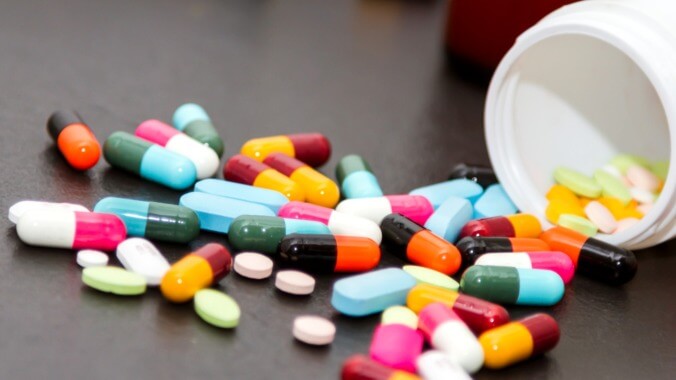Let’s Discuss the FDA’s Two-Hour Fake-News Session on SSRIs and Pregnancy
“Pregnant people are already worried that everything they do (or avoid doing) will impact their developing baby,” the executive director of Maternal Mental Health Leadership Alliance told Jezebel.
Photo: iStockphoto Politics
RFK Jr. is not a man for medicine. The bear-dumping lunatic and American misinformer-in-chief has long falsified the narrative around the safety of many vital remedies–including antidepressants. He’s said they’re as addictive as heroin; declared they’re overprescribed; and even linked them to school shootings. The latest course of fearmongering from the Health Secretary—who has worm bites for a brain—didn’t even require him to lift a finger. A tin-pot panel did it for him.
In an FDA panel on July 21st, a gaggle of MAHA pawns gathered to hold an “expert” discussion about the safety of SSRIs (Selective Serotonin Reuptake Inhibitors) during pregnancy, mulling the idea of a “black box” warning. But it ended up being a “misinformation fest” stuffed with biased psychologists, physicians, and researchers–and was quick to raise red flags.
“More than half of people with depression during pregnancy or postpartum go undiagnosed, and about 85% don’t receive any treatment,” Sindhu Srinivas, MD and president of the Society for Maternal Fetal Medicine, told Jezebel. “Mental health conditions, including suicide and overdose, are among the leading causes of death in the first year after pregnancy and are largely preventable. Untreated depression is harmful to maternal and infant health.”
-

-

-

-

-

-

-

-

-

-

-

-

-

-

-

-

-

-

-

-

-

-

-

-

-

-

-

-

-

-

-

-

-

-

-

-

-

-

-

-








































